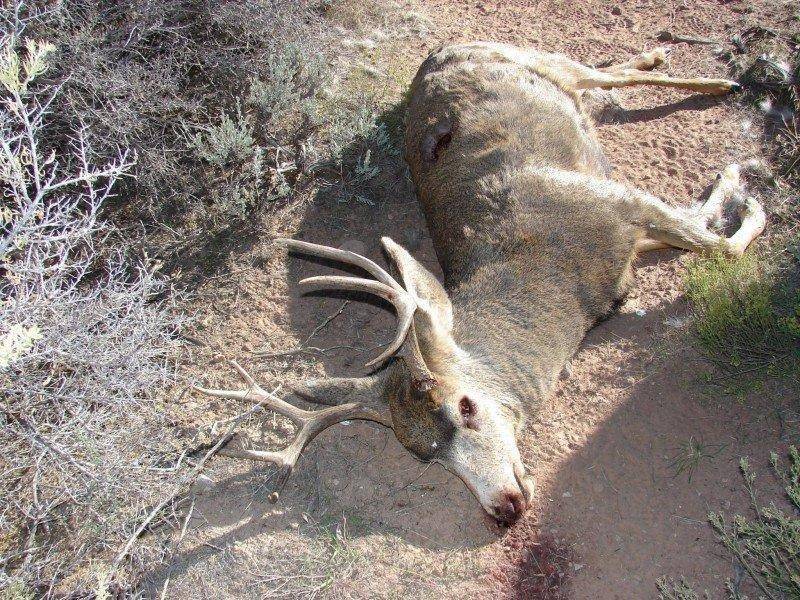DWR Press Release
You might not realize it, but your eyes and ears are the key to fighting poaching in Utah.
Division of Wildlife Resources Captain Mitch Lane said DWR conservation officers catch plenty of wildlife violators on their own, but the officers are spread thin. That’s where you come in.
“We need your help,” Lane said. “We need you to keep your eyes and ears open while you’re enjoying time in the outdoors. If you see something that doesn’t seem right, please let us know.”
“Even if what you saw doesn’t look like a big deal to you, let us know about it,” said DWR Captain Rick Olson, “Some of our most significant cases started when someone called us with a small tip that led us to more information.”
If you see something suspicious or out of the ordinary, Olson said you shouldn’t confront people who might be committing a violation. Instead, contact the DWR immediately. You can report this activity the following ways:
– If you see a wildlife violation occur, calling Utah’s Turn in a Poacher (UTiP) hotline is the best way to get an officer to the scene.
The hotline, 1-800-662-DEER (3337), is staffed 24 hours a day, seven days a week.
If you can’t remember the UTiP number, pull out your Utah hunting or fishing license or permit. The number is written on the license or permit.
If you can’t remember the UTiP number and you don’t have your license or permit with you because you’re not hunting or fishing, call the nearest police department or sheriff’s office. The office will send a DWR officer or another law enforcement officer to the scene.
Be a good witness
A license plate number is the most important piece of information you can give to officers. Olson said callers often provide only the color of the suspect’s vehicle. “That’s good information to have, but what we really need is a license plate number,” he explained.
A description of the person and the location where the incident is occurring are also crucial. “If you have a GPS unit with you, give us the coordinates,” Olsen said. “GPS coordinates are really helpful in getting us to the right spot as quick as possible.”
Sharing information
If you find something suspicious that isn’t an emergency—for example, if you come across a dead big game animal that’s missing its head—or if you have any other information you want to share about a possible wildlife violation, you can report it two ways:
– Call 1-800-662-3337
– Email the information to officers at turninapoacher@utah.gov.
Olson said if you provide the information via email, officers won’t receive it immediately. “If you send information to us via email, it might be a day or two before we can get back with you,” he explained, “If you need to reach us right away, call 1-800-662-3337.”
“Officers on patrol” Web page
Visiting the “Officers on patrol” Web page is a great way to learn about some of Utah’s recent poaching arrests and to stay current on poaching cases DWR officers need your help with.
The page is available at www.wildlife.utah.gov/dwr/news/officers-on-patrol.html.

